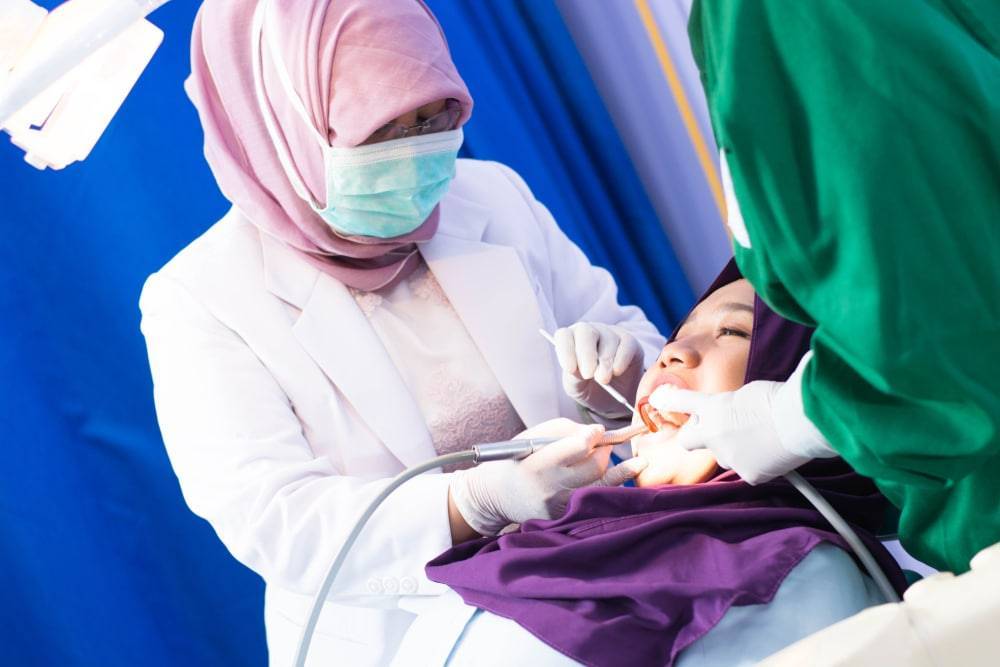A health expert has raised caution about buying cheap dental items. He raised concerns regarding the quality and safety of said items.
Dr P. Mahendran, the past president of the Malaysian Private Dental Practitioners’ Association, warned dental practitioners regarding these purchases as the items bypass the Medical Devices Act 2012.
Cause For Concern
Dr Mahendran stated that while these items are relatively cheap and readily available online, they may expose patients to unnecessary harm. He explained that toxic elements in fillings, braces, and dentures used for treatment can be absorbed quickly into the body via the mouth. Some items purchased from online vendors were noted to be several times cheaper than items sold by registered distributors.
Violation Of The Medical Devices Act 2012
Dr Mahendran stated that while the products available online are cheaper, quality control is absent. It is also in clear violation of the Medical Devices Act 2012. The act ensures the quality and safety of medical devices used in Malaysia. The act dictates the materials used for items such as dental fillings, implants, and braces.
Why Is This Happening?
Registered distributors of all dental products in Malaysia are subject to stringent inspection by the Ministry of Health (MOH) and supporting authorities to ensure their quality. Dr Mahendran raised concerns regarding dental practitioners who subscribe to online vendors and distributors to purchase medical devices and dental appliances. He added that the lower prices allowed dentists to provide cheaper services besides promoting offer packages, gifts, and discounts.
Dr Mahendran also stated that many private practitioners use unethical advertisements on social media offering discounts, packages, and freebies. According to the Private Healthcare and Facilities and Services Act 2018, these advertisements are prohibited.
Call for Action
Dr Mahendran emphasised the urgent need to tighten and enforce regulations related to medical devices and appliances. This is to prevent the noble profession from being tainted any further. He added that the availability of these items at low prices has encouraged the rise of fake dentists. He also advised dental practitioners in the private sector not to entice prospective patients by offering special promotions and packages.
Additionally, Dr Mahendran explained that these occurrences are due to an overabundance of dentists in Malaysia. He also attributes the rising numbers of private dental clinics as another cause. He lamented the lack of professionalism seen in the private sector and has noticed that the quality of service has also suffered.
Conclusion
The Malaysian healthcare system has taken numerous hits over the past few years, especially during the pandemic. While many healthcare providers abide by their oaths and remain determined to contribute their services to the Malaysian public, some remain fixated on financial compensation.
The MOH must work hand-in-hand with relevant parties to ensure the proper enforcement of existing laws. Stricter laws can be considered to adapt to current changes but would remain futile without proper enforcement.

